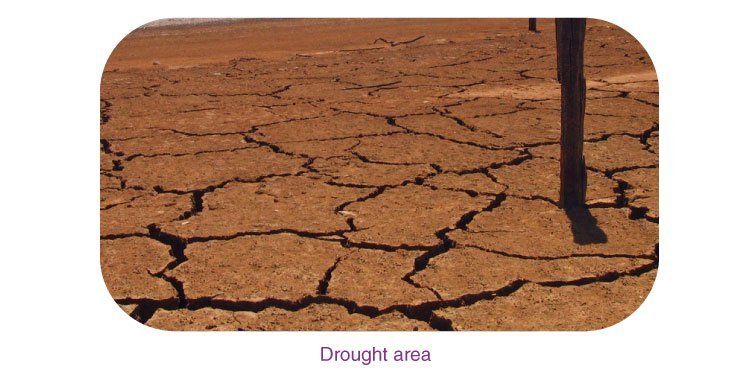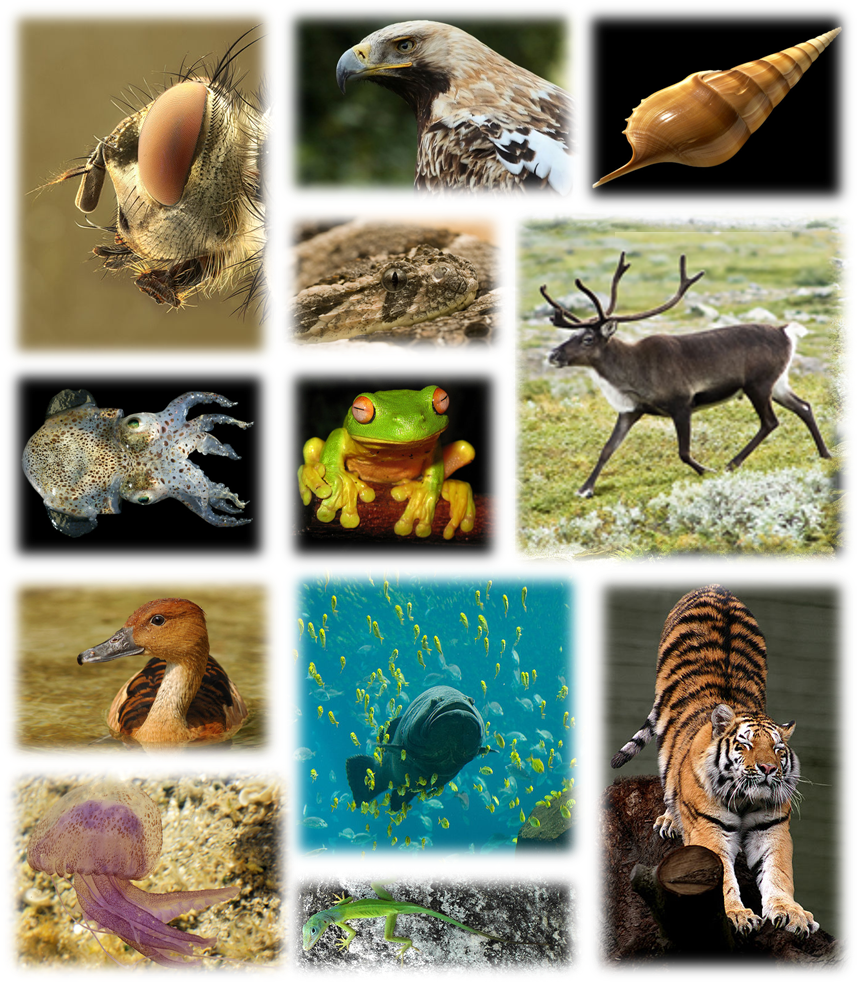About Lesson
Conservation Of Plants And Animals Class 8 Notes
Extinction
- Extinction is when a species is completely wiped out from Earth.
- Once the last living individual of a species dies, the species is said to be extinct.
Deforestation
- Deforestation is the destruction of forests by cutting down trees.
- Deforestation leads to habitat loss for many animals.

Causes of deforestation
Deforestation can occur due to one of the following reasons:
- Procuring land for cultivation.
- Building houses and factories.
- Making furniture or using wood as fuel.
- Natural causes such as forest fire and severe drought can also cause deforestation.
Consequences of deforestation
- Deforestation increases the temperature and pollution level on the earth.
- It increases the level of carbon dioxide in the atmosphere.
- It also reduces the level of groundwater.
Droughts
- Drought is the lack of water in an area. Droughts can happen due to lack of rainfall.

Desertification
- Formation of a desert by erosion of vegetation due to harsh weather is called desertification.
- Human activities like deforestation and improper irrigation are also responsible for desertification of terrains.
Global Warming
- Global warming is the change of climate on a global level.
- Usually, average temperature increases leading to melting of ice caps in the poles.
- Excessive pollution and deforestation cause global warming.

Species
- A species is a group of individuals that can breed and successfully produce fertile offsprings.
Make the World a Greener Place
Recycling of Paper
- Paper industry is a leading cause of deforestation since they need wood pulp.
- Recycling paper can help in reducing the consumption of wood pulp by the paper industry.
Reforestation
- Reforestation is restocking of the destroyed forests by planting new trees.
Wildlife Conservation
Conservation of forest and wildlife
- Due to the threat from mankind’s indulgence, it is important for us to conserve the forest and its wildlife.
- Wildlife is important for us to maintain balance in nature.
Wildlife sanctuary
- A wildlife sanctuary, is a naturally occurring sanctuary, such as an island, that provides protection for species from hunting, predation, competition or poaching.
National Park
Flora and fauna
- The plants and animals found in a particular area are termed flora and fauna of that area respectively.
National Park
- A national park is a park that is used for biodiversity conservation.
- They are developed and maintained by the union government.
Biosphere Reserves
Biosphere and Biodiversity
- The biosphere is that part of the earth in which living organisms exist or which supports life.
- Biological diversity or biodiversity refers to the variety of organisms existing on the earth, their interrelationships and their relationship with the environment.

Endemic species
- Endemic species are those species of plants and animals which are found exclusively in a particular area.
Biosphere reserve
- Biosphere reserves are areas that protected from human intervention.
- These areas help in conservation of endangered species.
Project Tiger
- Project Tiger was launched by the government to protect and conserve the dwindling tiger population in the country.
- Several Natural parks have been associated with the project tiger initiative.

Endangered animals
- Animals whose numbers are diminishing to a level that they might face extinction are known as endangered animals.
Ecosystem
- An ecosystem is sum total of all the plants, animals and microorganisms in an area along with non-living components such as climate, soil, river deltas, etc.
Red Data Book
Red Data Book is the source book which keeps a record of all the endangered animals and plants.
Migration
- Migration is the periodic movement of animals from one place to another.
- It is usually done for breeding and to escape harsh climates.
- Migration is common in birds and fishes.
Join the conversation